Talk Overview
Legume plants form specialized root nodules to host “rhizobia,” nitrogen fixing bacteria. Rhizobia hosting legumes are able to grow without exogenous nitrogen fertilizer allowing them to be high in protein and to provide nutrition to surrounding plants. In part 1 of her talk, Long gives an overview rhizobium-legume symbiosis including infection and nodule formation and the chemical signals exchanged between the plant and the bacteria.
In Part 2. Long goes into more detail on how chemicals released from legumes increase transcription of specific bacterial genes required for plant infection, while in Part 3 she describes how bacterial factors induce production of specific proteins by the plant. By using a custom gene chip, Long can follow the regulation of both Sinorhizobium genes and alfalfa genes at the same time, during nodule formation. This has allowed her to show that this is an extremely complex process with the expression of hundreds of plant and bacterial genes changing during this process.
Speaker Bio
Sharon Long
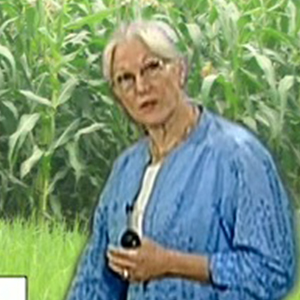
Sharon Long received her undergraduate degree from California Institute of Technology and her doctorate from Yale University. She has been a professor of Biological Sciences at Stanford University since 1982 and she was Dean of the School of Humanities and Sciences from 2001-2007. In her research, Dr. Long employs a spectrum of approaches including microbial… Continue Reading
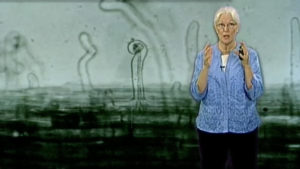
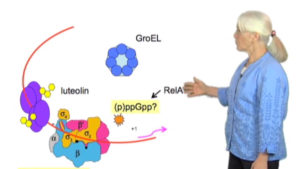
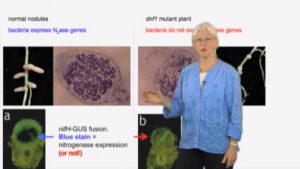
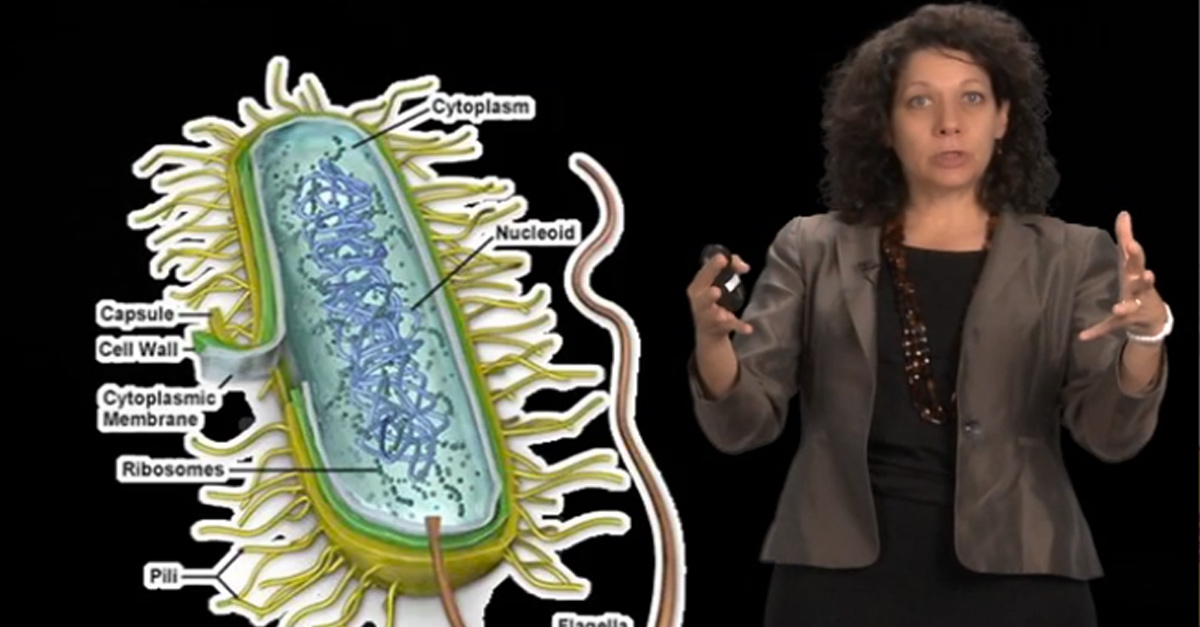


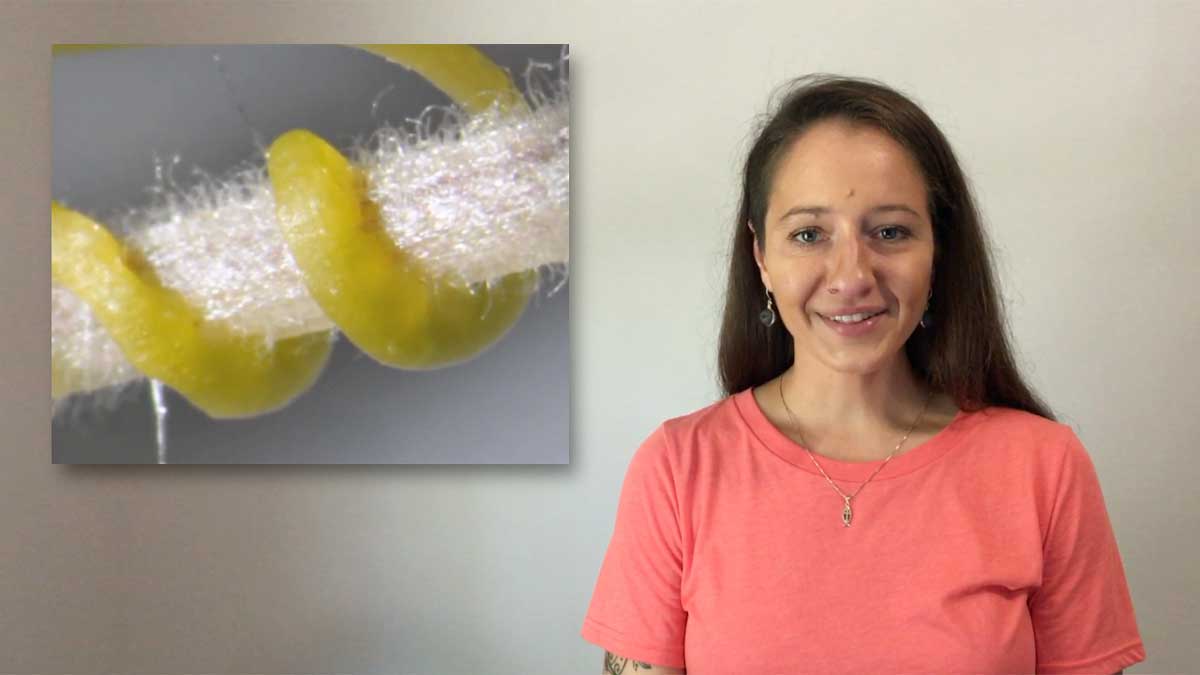





Leave a Reply